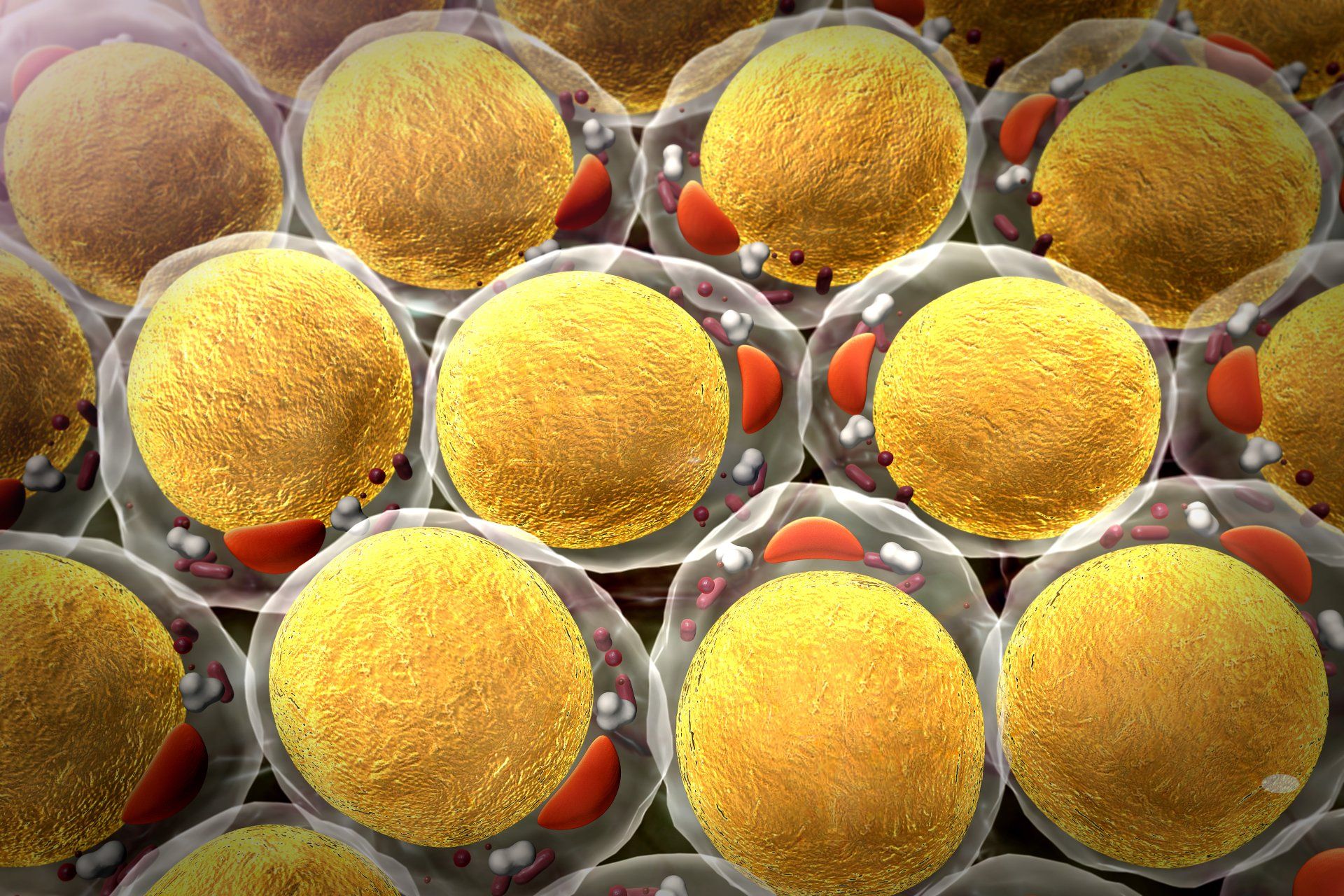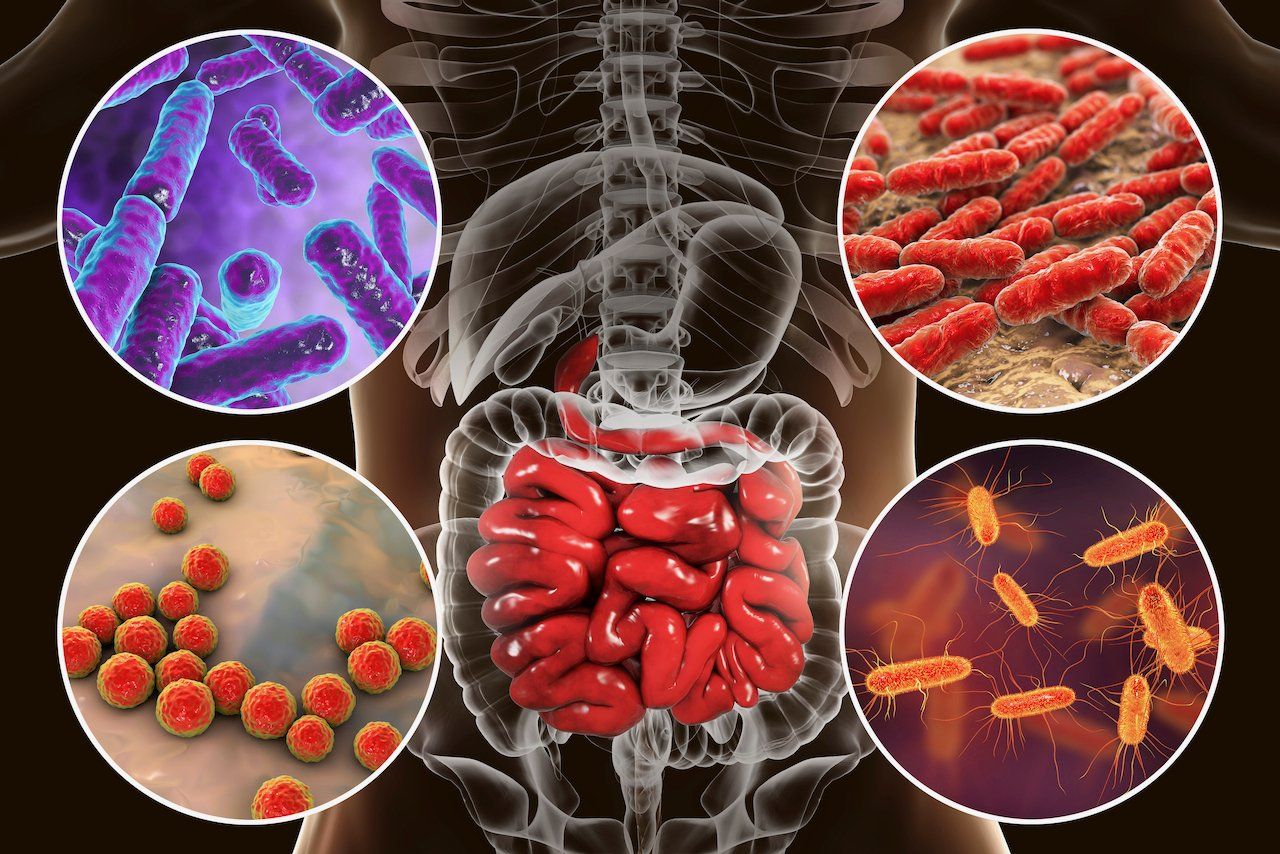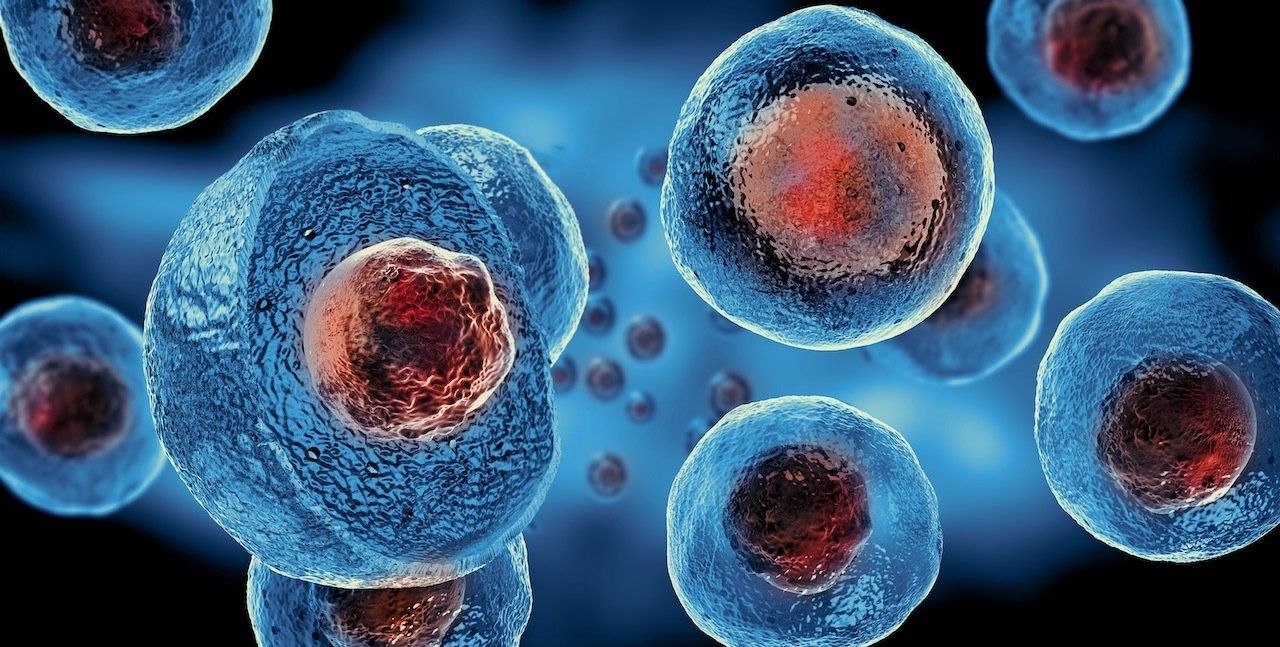The Truth About Intermittent Fasting: Benefits, Risks, and More
Intermittent fasting is becoming increasingly popular. But what is it? And more importantly, is it good for you? In this blog post, we will discuss intermittent fasting in detail. We will look at the benefits, risks, and different types of intermittent fasting. Plus, we will explore the scientific evidence behind intermittent fasting and its potential effects on longevity.
Intermittent fasting 101
So, what is intermittent fasting? Intermittent fasting is a type of diet where you alternate between fasts and eating periods. It might mean going without food for 16 hours and then eating all of your meals in an eight-hour period. Alternatively, it might imply only consuming one meal a day.
Types of intermittent fasting
There are several different types of intermittent fasting, including:
- The 16/eight method: Also called the Leangains protocol, this involves fasting for 16 hours and eating only during an eight-hour window.
- Eat-stop-eat: This intermittent fasting approach lasts for 24 hours at a time, once or twice per week. For example, you might skip dinner one night and have supper the next.
- The five-two diet: With this intermittent fasting plan, you eat normally five days a week and restrict your calories to 500–600 on two days.
- Spontaneous meal skipping: This is when you skip meals occasionally, without planning ahead of time.
Benefits
There are many potential benefits of intermittent fasting. These include weight loss, improved insulin sensitivity, reduced inflammation, increase lifespan, and stimulating autophagy.
Intermittent fasting has been shown to trigger autophagy. The process of autophagy is how your body breaks down and recycles worn or dysfunctional cells. Our own recycling process. This helps to keep your cells healthy while also slowing the aging process. Intermittent fasting has also been linked to higher levels of human growth hormone (HGH), which is associated with muscle mass gain, fat loss, and improved bone density.
Intermittent fasting may also help to protect against Alzheimer’s disease and other age-related cognitive declines. This is because intermittent fasting has been shown to improve brain function and reduce inflammation.
Intermittent fasting has also been shown to improve heart health by reducing blood pressure, bad cholesterol, and triglyceride levels. Plus, it can help to lower insulin levels, which is a risk factor for heart disease.
Risks
So, what are the risks of intermittent fasting? As with any diet or lifestyle change, there are always potential risks. These include dehydration, hunger, low blood sugar, and irritability.
It’s also important to note that intermittent fasting is not suitable for everyone. If you have any underlying health conditions, or if you are pregnant or breastfeeding, it’s best to speak to a doctor before starting intermittent fasting.
Conclusion
Intermittent fasting is a popular diet trend with many potential health benefits. However, it’s not suitable for everyone and there are some risks to be aware of. If you’re thinking of trying intermittent fasting, speak to your doctor first.
Will you try intermittent fasting? What concerns you the most about this type of diet? Let us know in the comments below. Thanks for reading!
If you’re interested in learning more about intermittent fasting, and how to turn your genes on and off, check out chapter #9 of my new book, Understanding Genomics; How Nutrition, Supplements, and Lifestyle Can Help You Unlock Your Genetic Superpowers.
This book is a must-read if you want to learn how to control your genetic destiny! Order a copy today!
Until then, stay healthy and happy!
Dr. Marios Michael
Resources:
- Dr. Marios Michael, DC, CNS, cFMP, 06/2022, Understanding Genomics; How Nutrition, Supplements, and Lifestyle Can Help You Unlock Your Genetic Superpowers, 1st edition, Austin, Bookbaby.
- Molina-Serrano D, Kyriakou D, Kirmizis A. Histone Modifications as an Intersection Between Diet and Longevity. Front Genet. 2019;10:192. Published 2019 Mar 12. doi:10.3389/fgene.2019.00192. https://www.ncbi.nlm.nih.gov/pmc/articles/PMC6422915/
- Vitale G, Pellegrino G, Vollery M, Hofland LJ. Role of IGF-1 System in the Modulation of Longevity: Controversies and New Insights From a Centenarians’ Perspective. Front Endocrinol (Lausanne). 2019;10:27. Published 2019 Feb 1. doi:10.3389/ fendo.2019.00027. https://www.ncbi.nlm.nih.gov/pmc/articles/ PMC6367275/
- Swan, Brendan. PhD., “What Is Autophagy? Definition, Benefits, Ways to Increase It.” Selfhacked, September 20, 2021.
- Pyo JO, Yoo SM, Ahn HH, Nah J, Hong SH, Kam TI, Jung S, Jung YK. Overexpression of Atg5 in mice activates autophagy and extends lifespan. Nat Commun. 2013;4:2300. doi: 10.1038/ncomms3300. PMID: 23939249; PMCID: PMC3753544.
- Gunnars, Kris BSc. “Intermittent Fasting 101 – The Ultimate Beginner’s Guide.” healthline, April 20, 2020. https://www. healthline.com/nutrition/intermittent-fasting-guide#methods
- Petrow, Steven. “Intermittent fasting works for many – not only for weight loss but also for heart health.” The Washington Post, June 13, 2020. https://www.washingtonpost.com/health/ intermittent-fasting-works-for-many--not-only-for-weight-loss- but-also-for-heart-health/2020/06/12/11420c1c-a4d5-11ea-b619- 3f9133bbb482_story.html
Please Note: This blog post is for informational purposes only and does not constitute medical advice nor does it establish a practitioner-patient relationship. If you have any concerns about your health, please consult with a qualified healthcare professional.
These statements have not been evaluated by the Food and Drug Administration. This product is not intended to diagnose, treat, cure, or prevent any disease.
Telehealth Consult
HIPAA-compliant
Contact Us
We will get back to you as soon as possible.
Please try again later.
Austin
(512) 450- 2952
2499 South Capital of Texas HWY
Building B Suite 202
Austin, TX 78746

Los Angeles
(626) 440 -7406
424 N. Lake Ave. Suite 102
Pasadena, CA 91101











